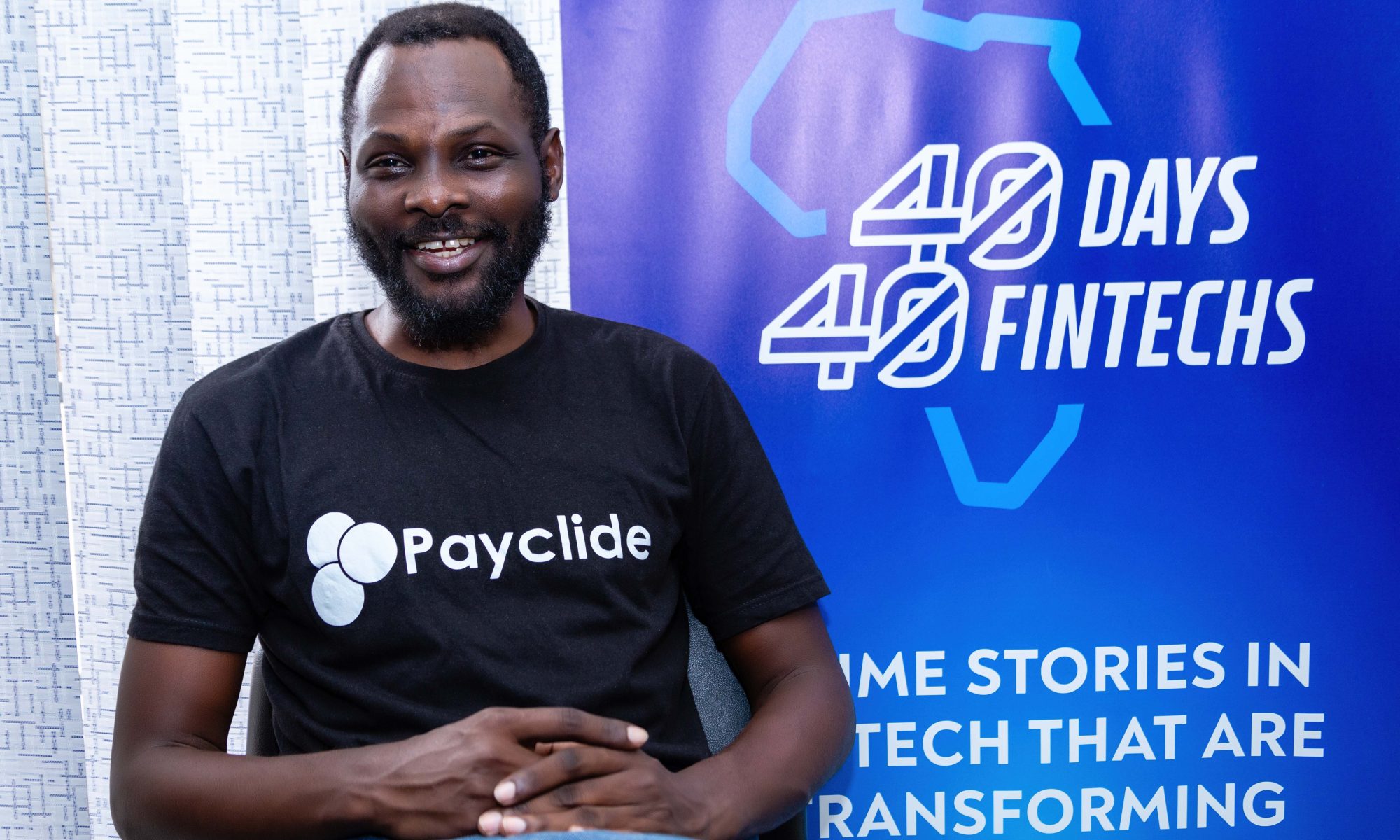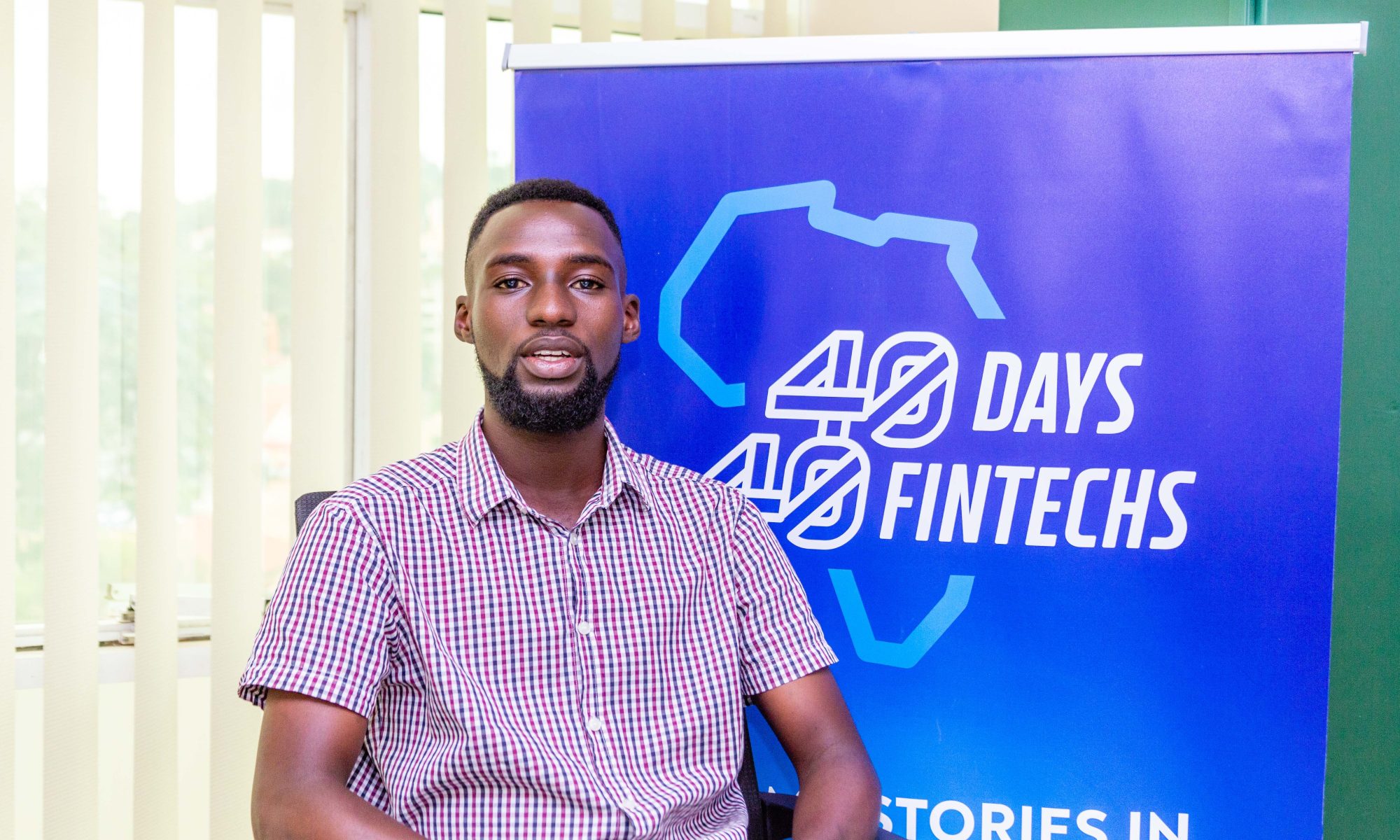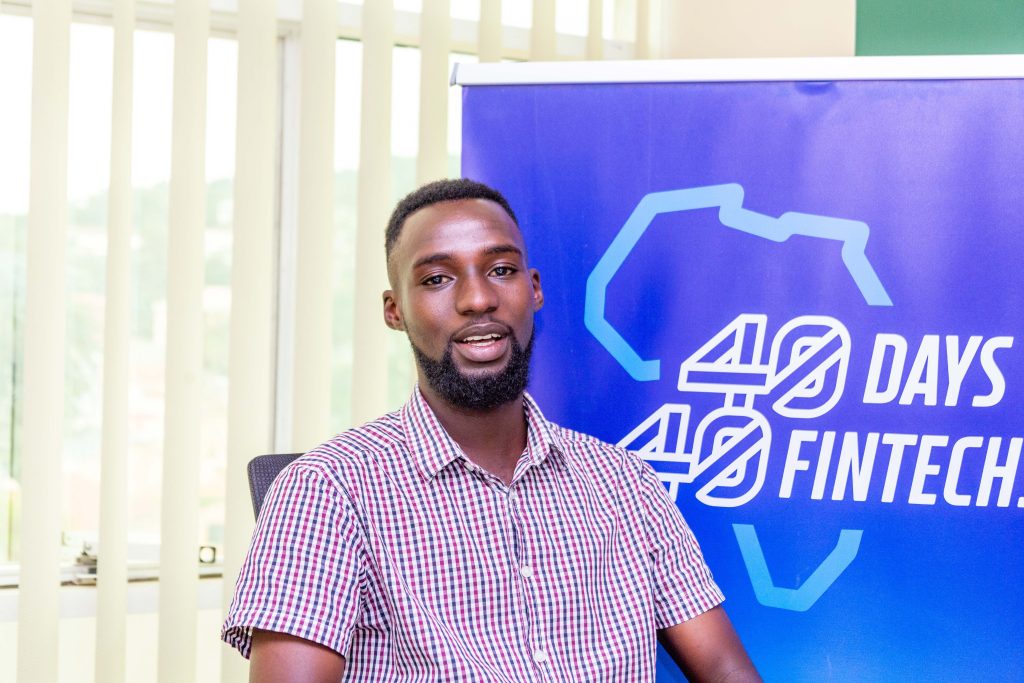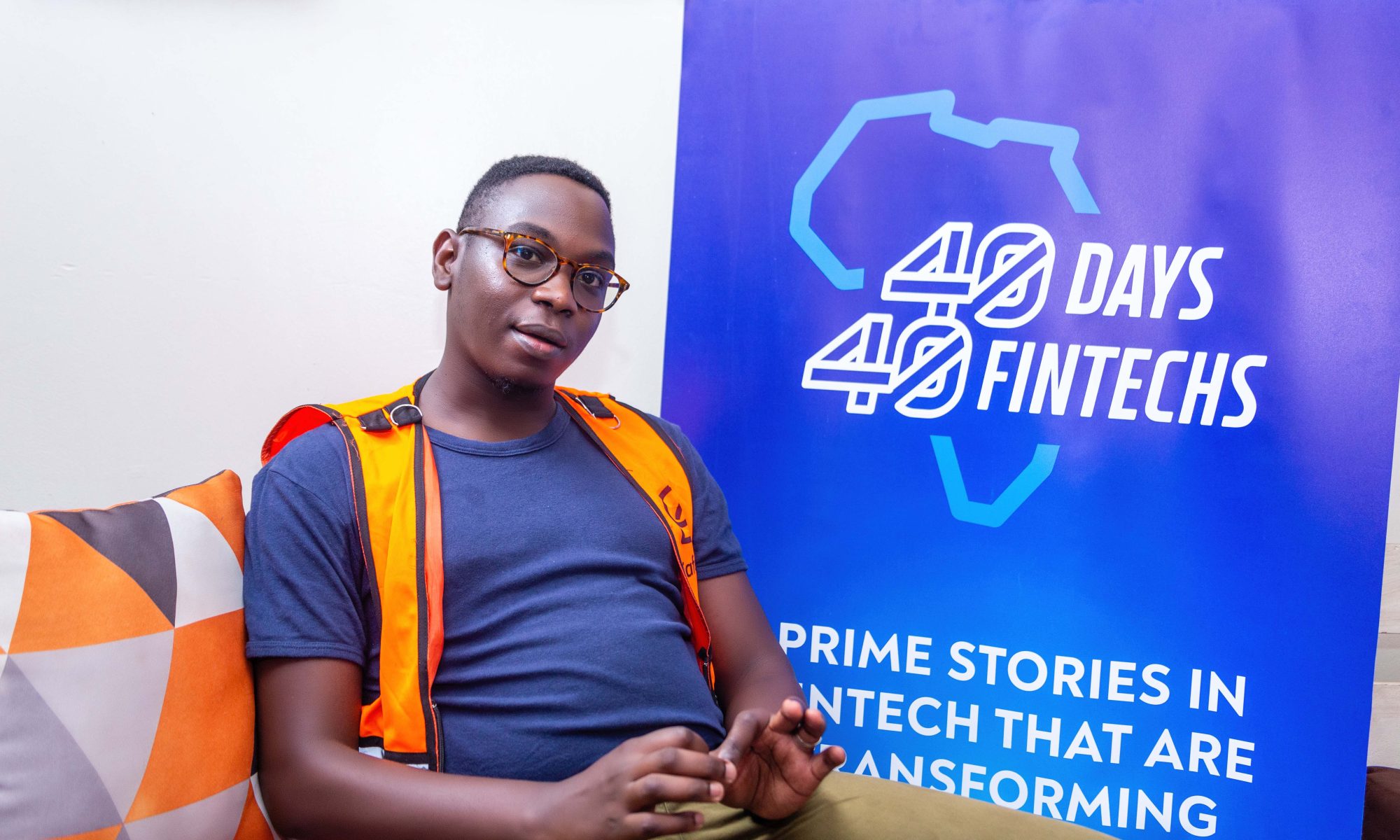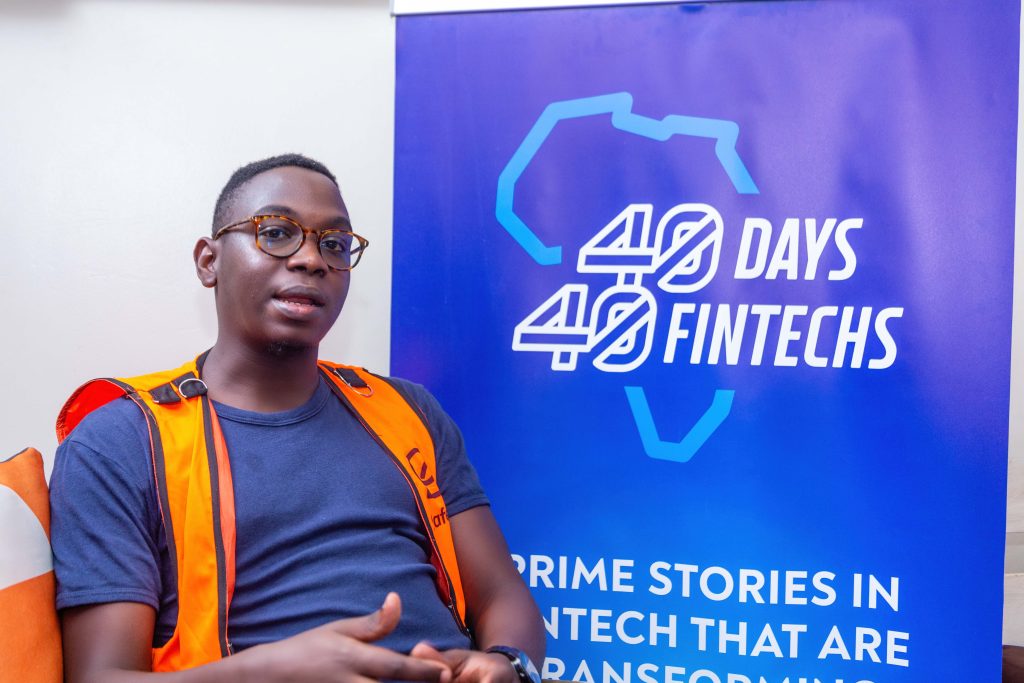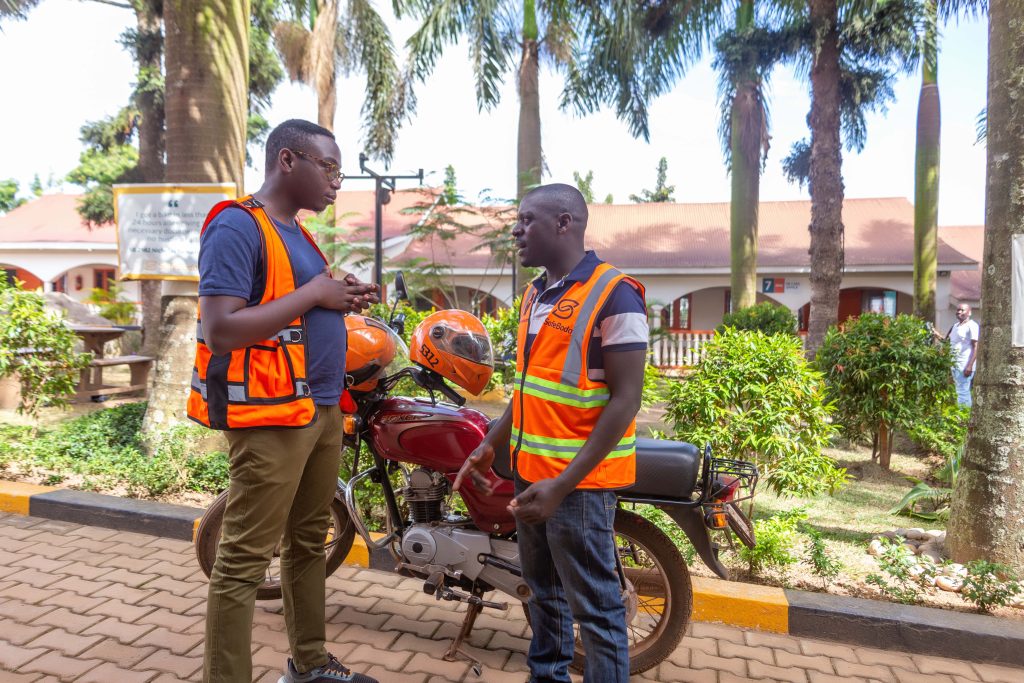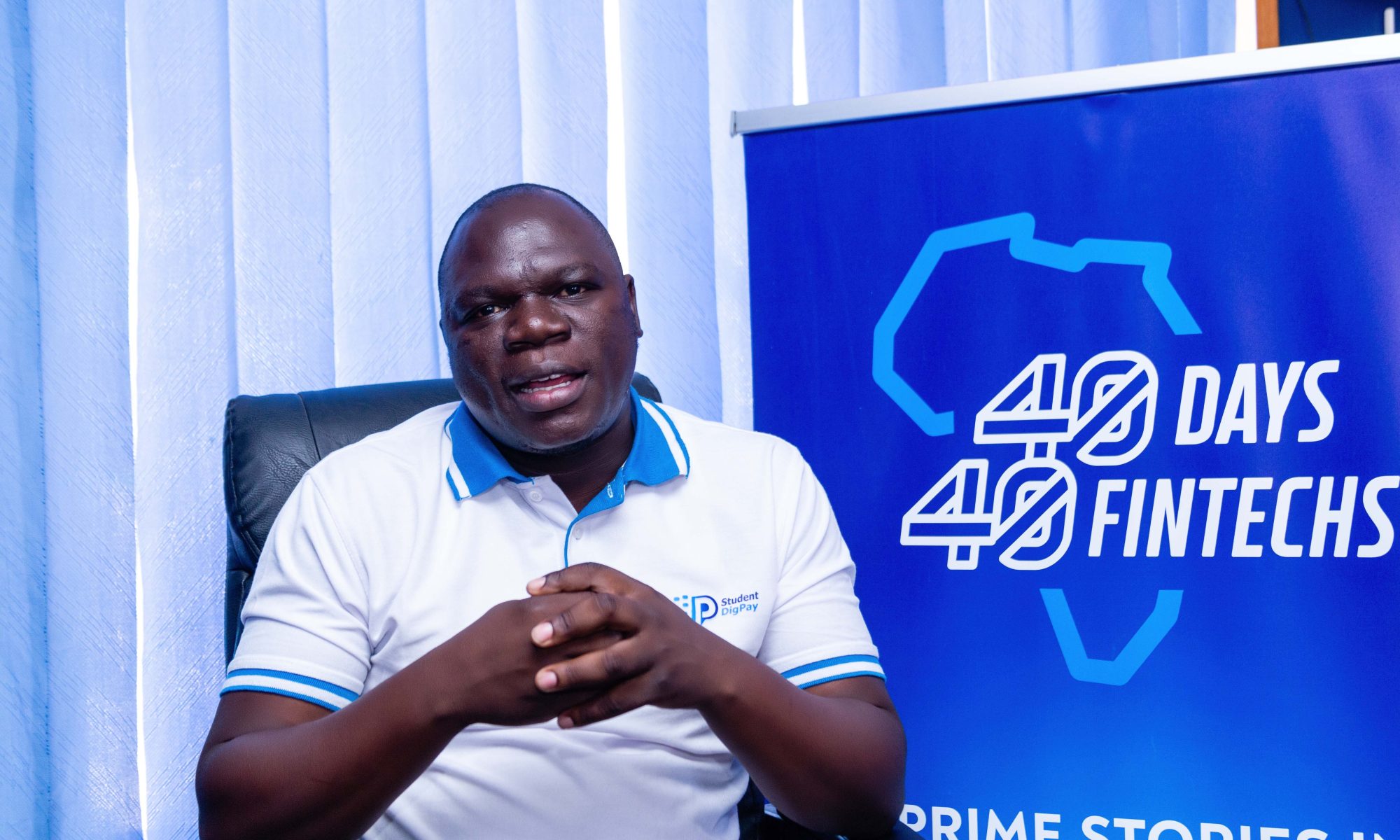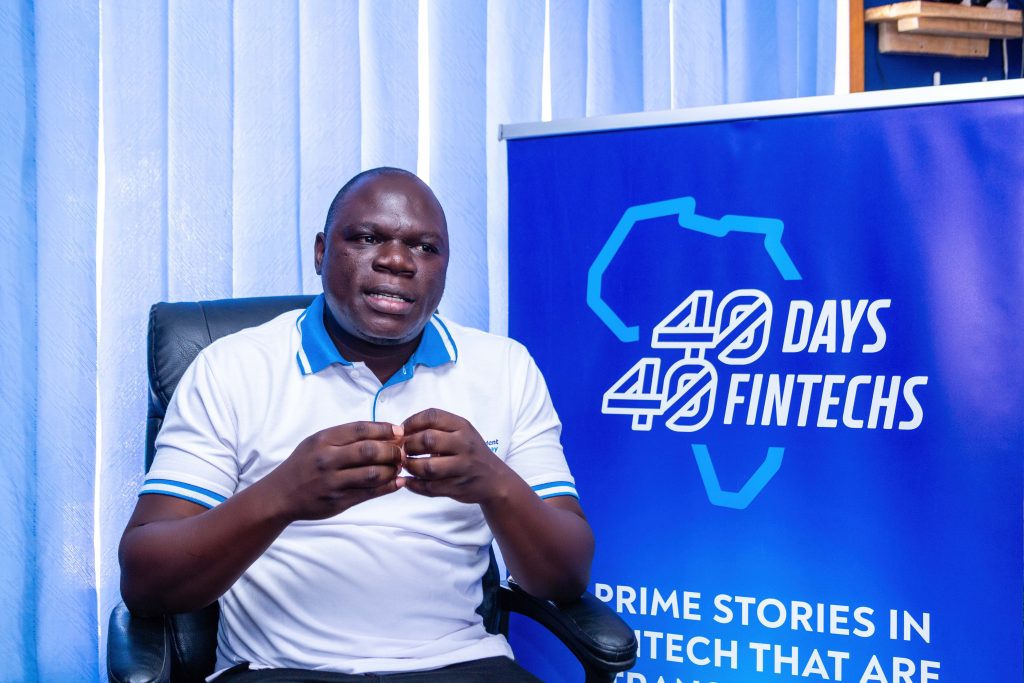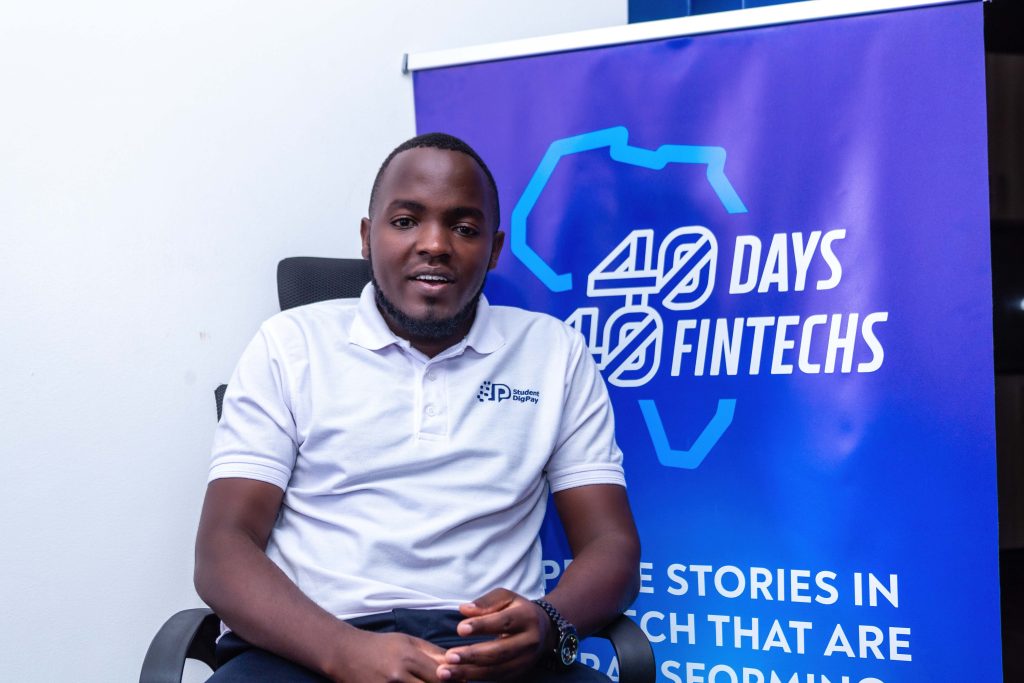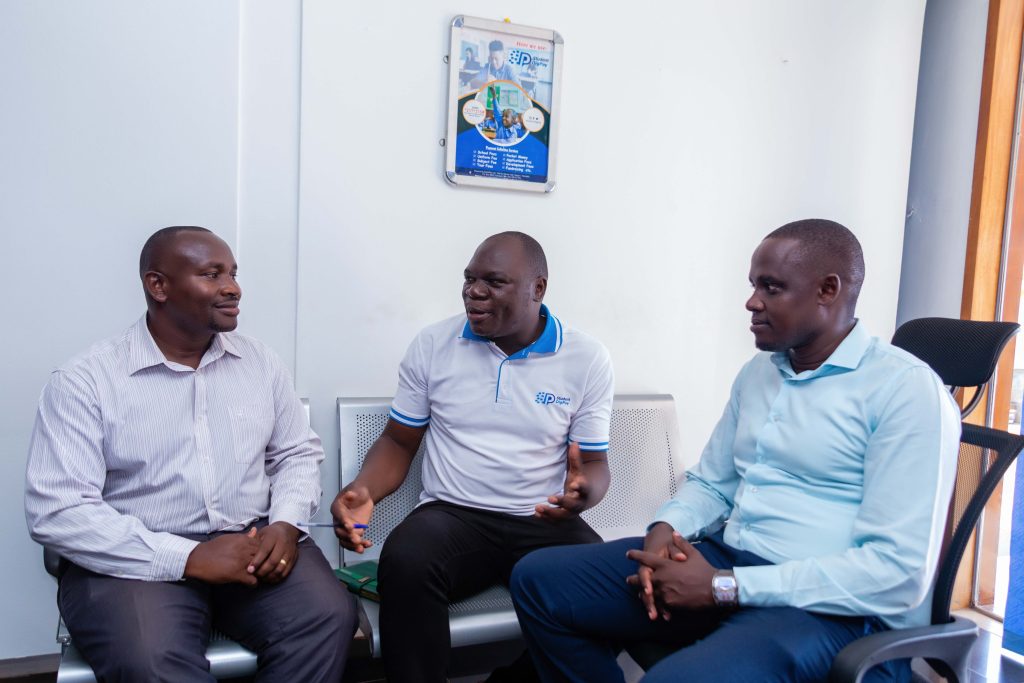The life of a migrant is very complicated. Most migrants rely on the mercy of others for survival. When it comes to financial services, migrants are some of the most underserved communities because of their lack of documentation.
With this in mind, a Ugandan financial services company called Cytrone Limited came up with a digital service targeting such communities.
According to Bob Moses Oyuru, the founder and CEO of Cytrone Limited, they introduced a mobile application called PayClide, to help such people who leave their home countries to host countries like Uganda and can’t access things like banks and investments.
“PayClide comes in to cover this gap to enable these people with financial interests in both their homes and host countries to access financial services and have security and prosperity,” he says.
“These people have families back home to whom they need to send money. They have their personal goals. They need financial services,” he adds.
With a free PayClide account, users can easily accept payments, enjoy free money transfers, set savings, invest, make smart spending budgets and access flexible credit instantly.
Oyuru notes that since their formation, transaction numbers have steadily risen but are only hampered by users having small deposits.
“Our target audience is the migrants but anyone that has intentions of saving small amounts or micro amounts of money, they too can use the product. Our App allows people to save as low as Shs 500 into a unit trust and see it grow,” he says.
Even non-migrants have indeed used this platform for other services such as bill payment and saving. Doreen Ibano can testify to this.
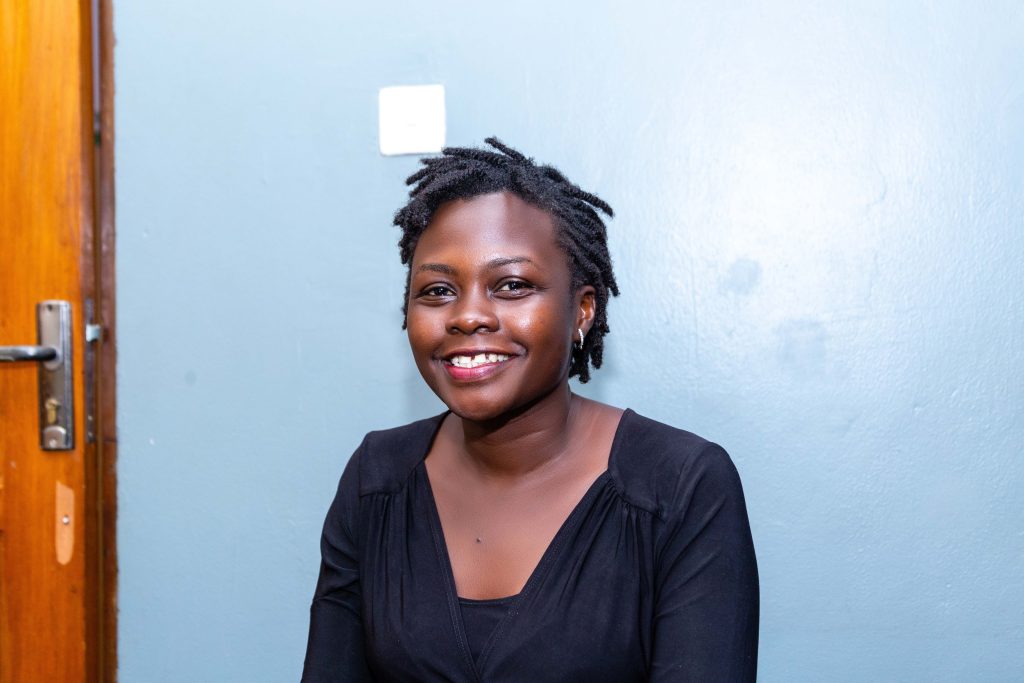
“I joined PayClide around 2020. I tried the App and paid for my Yaka [electricity] bill and it has been transitioning as it grows. They have introduced products like saving. I have personal goals like wanting to buy another laptop for my office. So, I want to also improve my saving habits and this platform comes in handy,” Ibano says.
Oyuru is happy that there is steady progress in a short time.
“Our members have steadily grown over the years. By 2021, we had 1,023 users. As we speak, we are working with 3,042 users and we expect these numbers to grow once we do more marketing,” he says.
He identifies their major challenge as being high compliance costs that hamper progress.
“Partnerships are quite another challenge whereby the big players are reluctant to partner with you as they consider you a micro player,” he says.
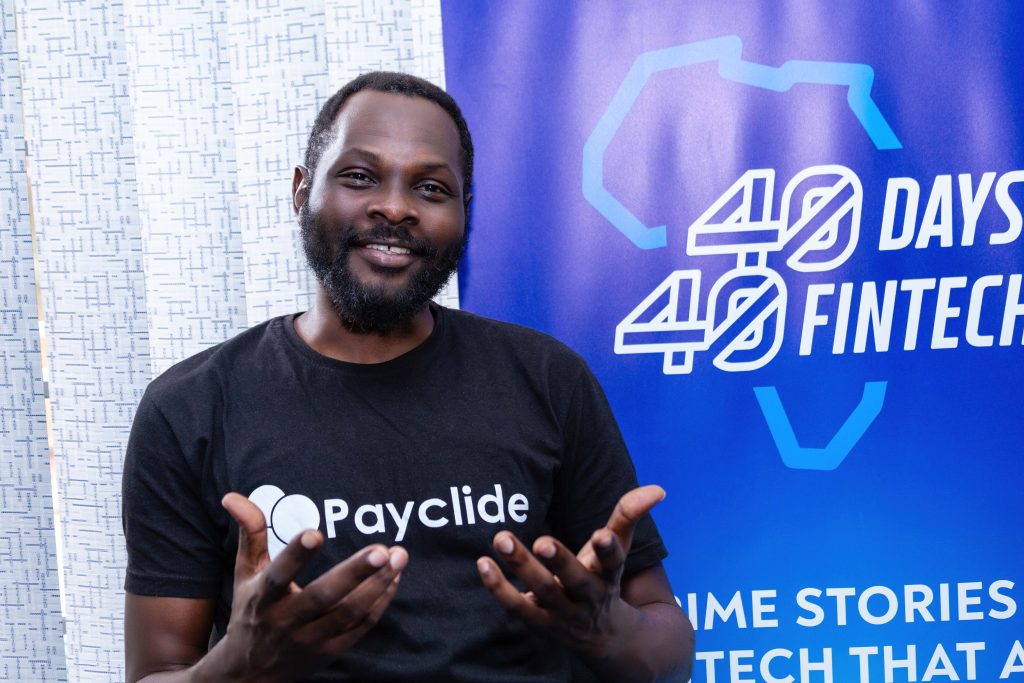
Nonetheless, Bob appreciates the opportunity to be part of Season Four of the 40 Days 40 Fintechs initiative; organised by HiPipo to highlight unique innovations changing the lives of under-served communities in the East African region.
“As startups, we face a lot of challenges. The 40 Days and 40 FinTechs initiative open wider doors for smaller FinTechs like us to get free visibility that we didn’t have previously. The promotion, marketing, and visibility, are quite large and clearly benefit small players,” he says.
PayClide is the 27th participant in this year’s 40 Days 40 FinTechs initiative which has a main focus on assessing the impact of innovations on end-users.
According to HiPipo CEO Innocent Kawooya, PayClide’s unique niche of targeting migrants deserves much appreciation.
“This is exactly what we mean when we say we must have a financial services sector that includes and benefits everyone. PayClide has identified an under-served society and is doing a great job to bring them to the digital financial services sector,” he said.
The 40 Days 40 FinTechs initiative is run by HiPipo in partnership with the Level One Project, Mojaloop Foundation, INFITX, Cyberplc Academy, Ideation Corner, and Crosslake Technologies with support from the Bill and Melinda Gates Foundation. Life-changing stories from more than 100 FinTechs have been highlighted by this initiative in the past three years.

